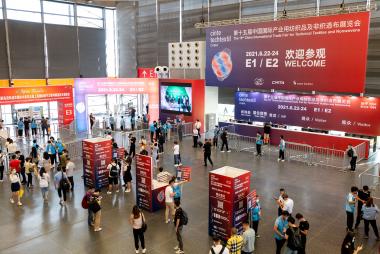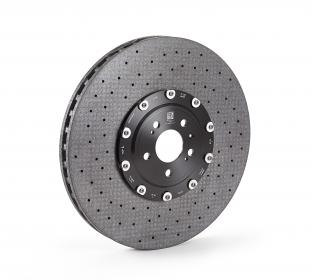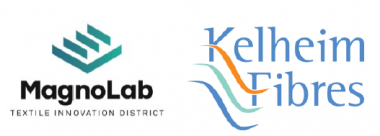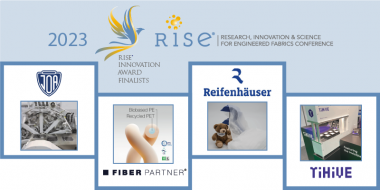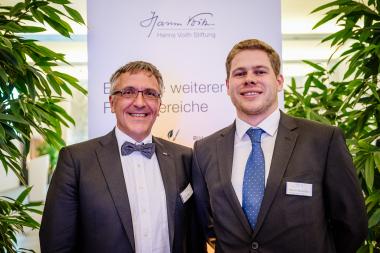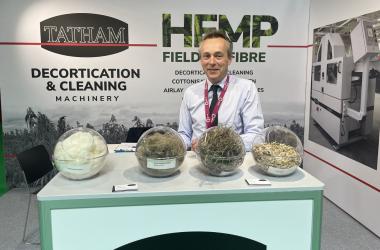Südwolle: Spring/Summer 2025 Collection
The Südwolle collection of yarns for weaving and circular knitting continues its evolutionary path based on the key concept of Responsibility. This principle guides Südwolle Group's commitment and engagement regarding all areas of business and stakeholders - the environment, the textile industry production chain, consumers, employees and the social repercussions of its business.
The intersection between these 6 areas has resulted in a collection in which the concept of seasonality is blurred, and products have a flexible, versatile use. The use of cutting-edge technology means yarns offer a high level of quality, suitable for apparel with outstanding durability, a factor that helps to reduce the environmental impact of textile waste and disposable fashion.
Overview of the collection
The collection is divided into 4 themes.
Natural, biodegradable or recycled fibre blends intended for crepe and crinkled fabrics are characterized by substantial twist and a high level of performance. The selection of fibres is oriented towards sustainability, with wool and silk organze combined with LENZINGTM ECOVEROTM viscose and Q-NOVA® regenerated polyamide.
Fuji crepe X-compact Nm 40/1 Z 1050 (40% wool 21.2 μ, 60% FSC certified LENZINGTM viscose EV), new this season, features a smooth look and no pilling thanks to the use of X-compact spinning technology, which produces yarns with excellent performance and durability.
When it comes to light, natural blends, wool and linen or wool, linen and silk blends follow the trend for softly fluid structures, such as the new Peschici Nm 42/1 Z 600 (53% wool 18.4 μ, 23% linen, 24% silk), with a fresh, dry handle and very current dappled effect, which results from the skilful combination of different fibres.
Contributing to a more sustainable and traceable textile production also involves attention to all fibres used. Mohair used for luxury yarns in noble fibres is strictly RMS (Responsible Mohair Standard) certified, which traces its origin, guaranteeing animal welfare and production according to responsible standards, similar to the analogous RWS (Responsible Wool Standard) used for wool. Bosforo RWS RMS Nm 32/1 Z 950 (20% wool 20.8 μ RWS, 60% FSC certified LENZINGTM viscose EV, 20% RMS Kid Mohair) is a fresh, bright yarn that is soft on the skin, suitable for trans-seasonal products, an example of careful selection of raw materials.
Among the fancy yarns, delicately animated structures predominate for naturally elegant creations, represented by Niche Nm 34/2 S 460 (42% wool 21.2 μ, 58% bourette silk), a twisted yarn in wool and bourette silk, which adds dynamism with its characteristic rough, knotty surface.






